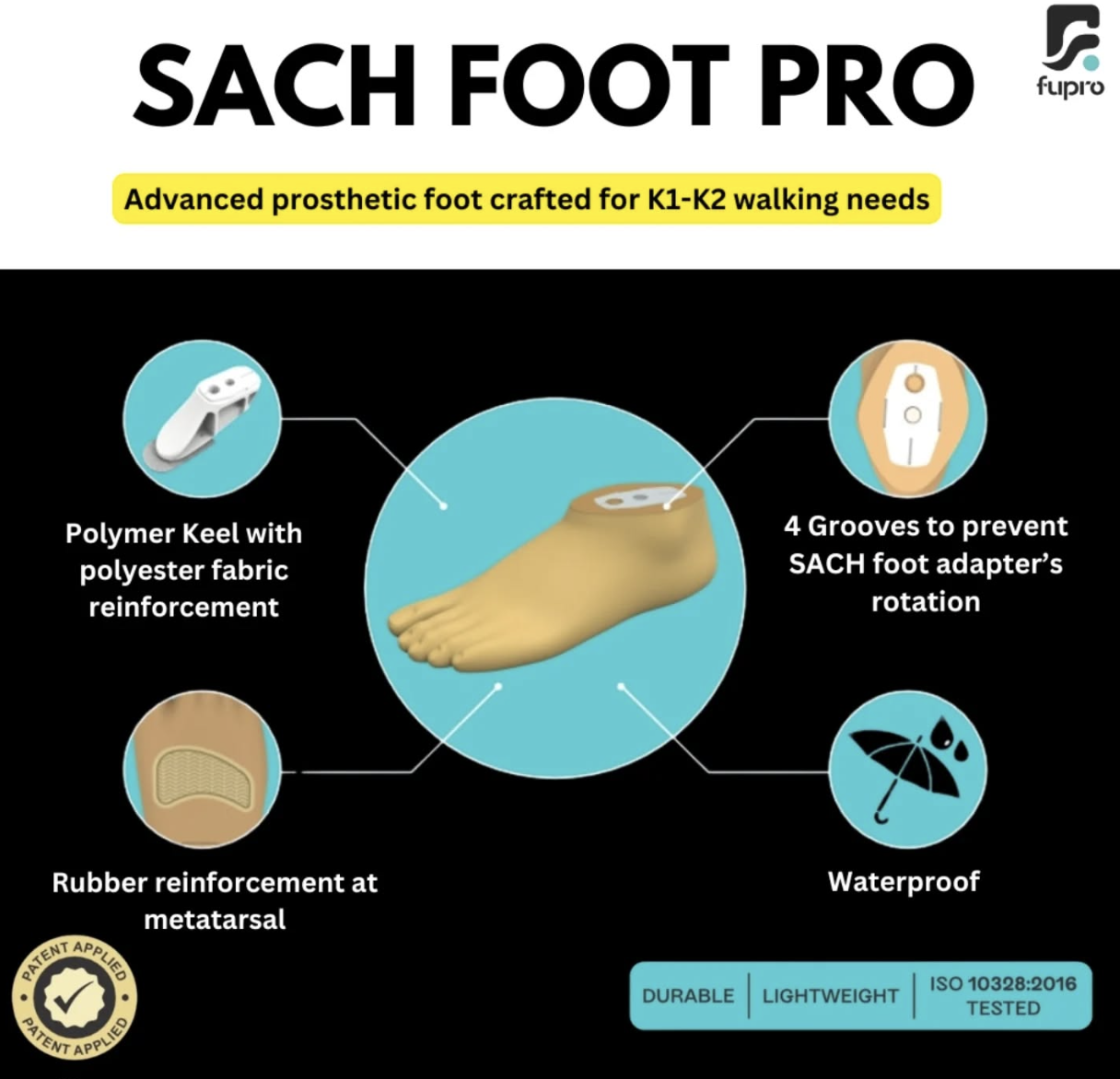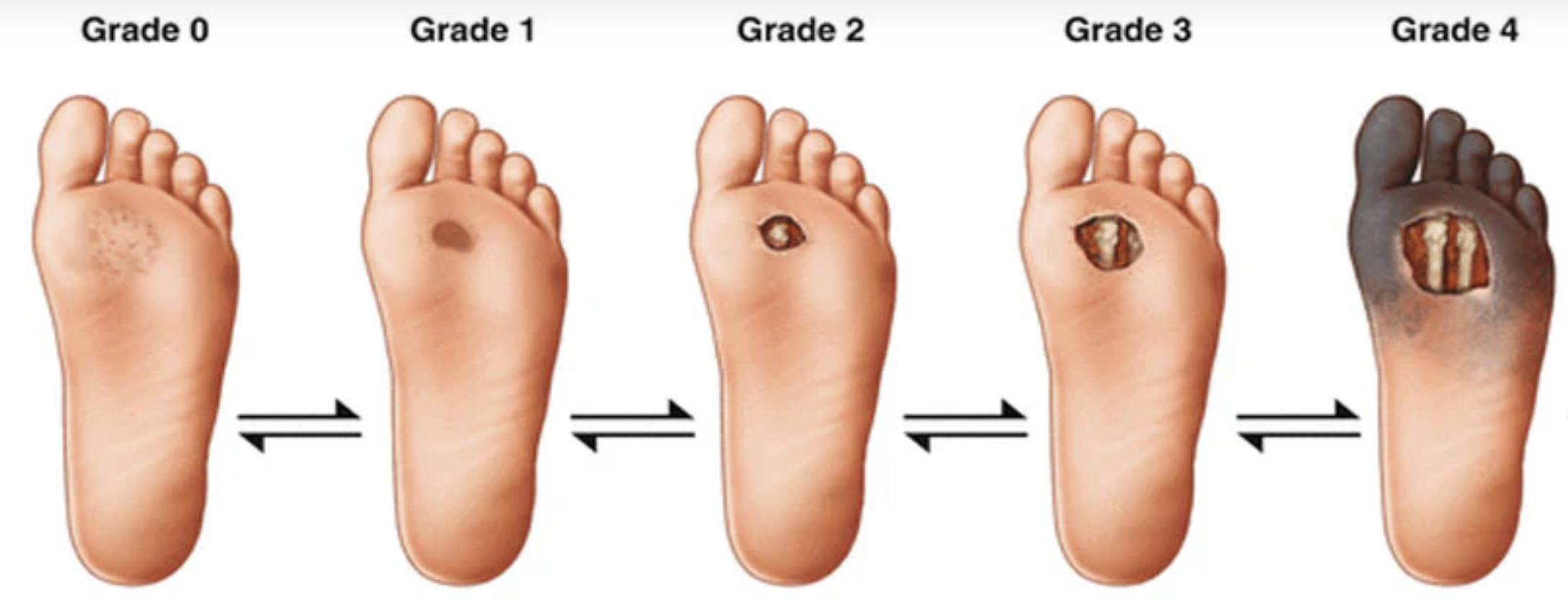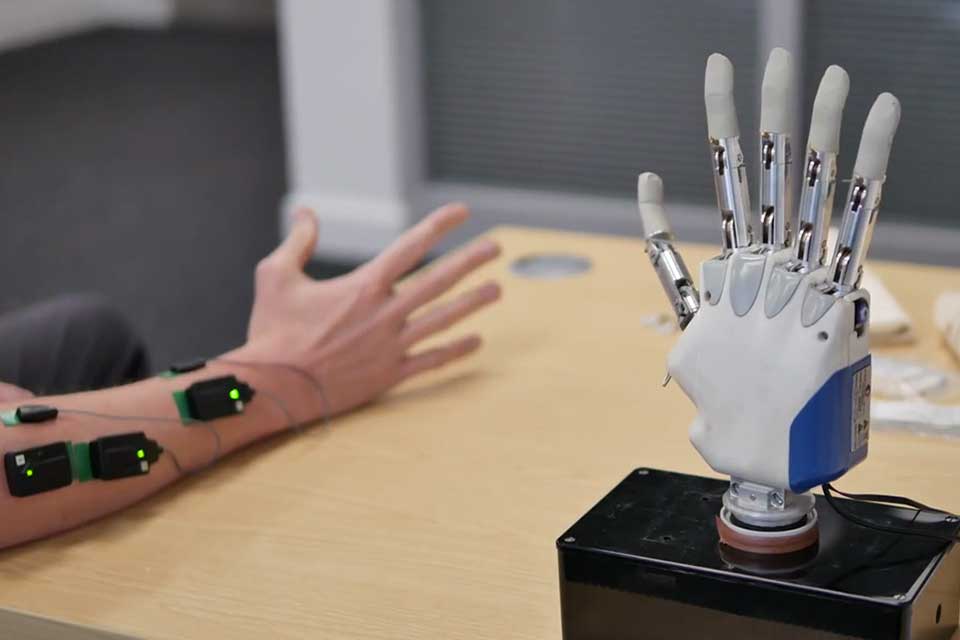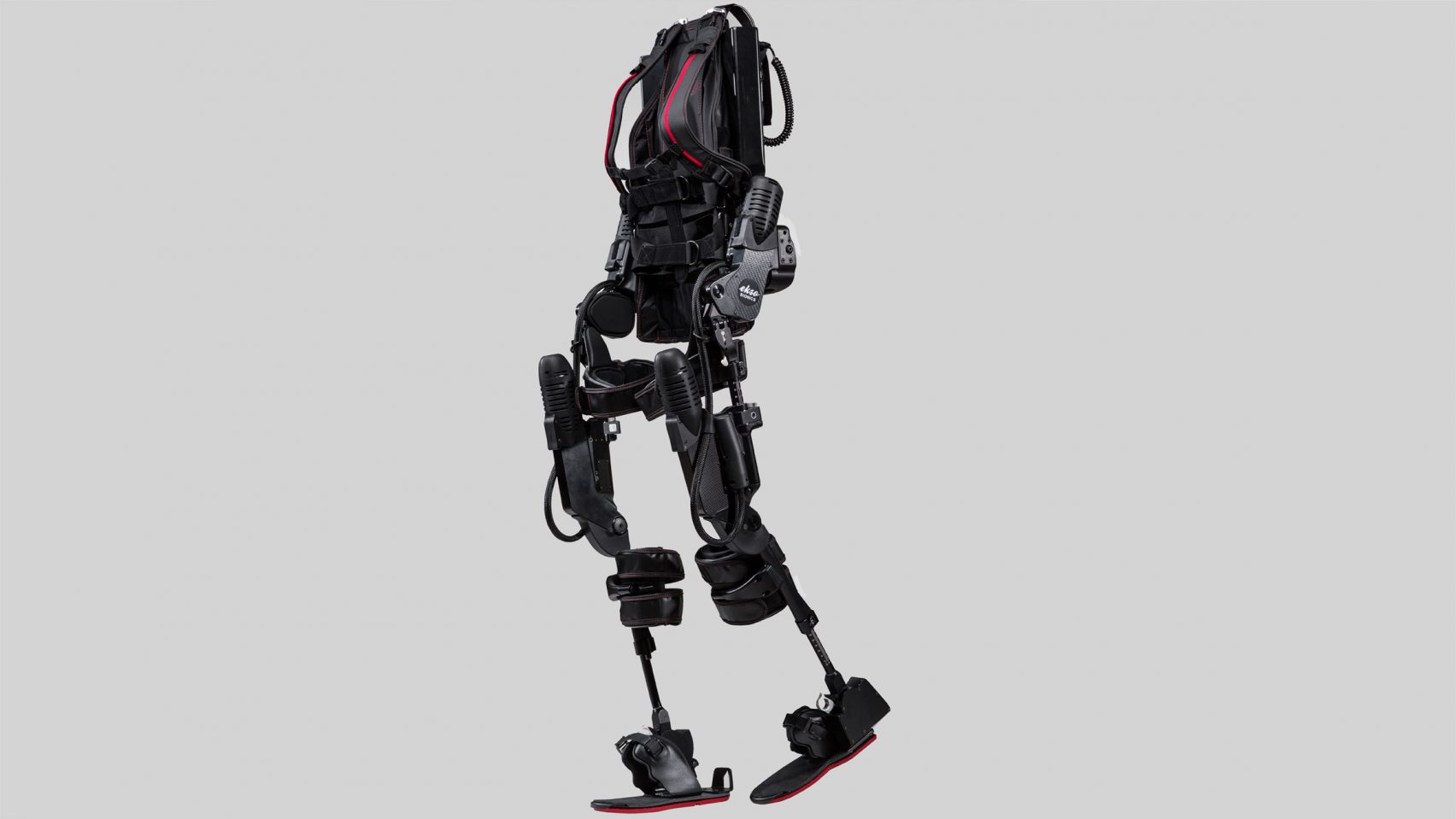Only 10 of the 75 Orthotic & Prosthetic Schools across IMEA have been accredited by ISPO but what does ISPO accreditation mean?
| Afghanistan | ICRC | Kabul | ISPO |
| Bangladesh | Bangladesh Health Professionals Institute | Savar | ISPO |
| India | Mobility India | Bengaluru | ISPO |
| Iraq | Erbil Polytechnic University | Erbil | ISPO |
| Pakistan | Pakistan Institute of Prosthetic & Orthotic Services | Peshawar | ISPO |
| Rwanda | University of Rwanda | Kigali | ISPO |
| South Africa | Tshwane University of Technology | Pretoria | ISPO |
| Tanzania | Tanzania Traning Center for Orthopaedic Technologists | Moshi | ISPO |
| Togo | Ecole Nationale Des Auxillaires Medicaux De Lome | Lome | ISPO |
| Yemen | San'aa University | San'aa | ISPO |
For a complete list of all 75 Schools click here
ISPO welcomes applications from schools/organisations that deliver prosthetic and orthotic training programmes for the following professions:
- Prosthetist/Orthotist
- Associate Prosthetist/Orthotist
- Prosthetic/Orthotic Technicians
ISPO accreditation is sought voluntarily by a prosthetic and orthotic training programme to validate against the existing ISPO Education Standards.
Why it is important? Often a sign of good management, accreditation helps identify areas of strength and opportunities for improvement based on a series of standards. Often, there is no law requiring accreditation, rather accreditation is an opportunity to seek and secure validation by a recognised external body (ISPO Education Committee) comprised of expert peers.















